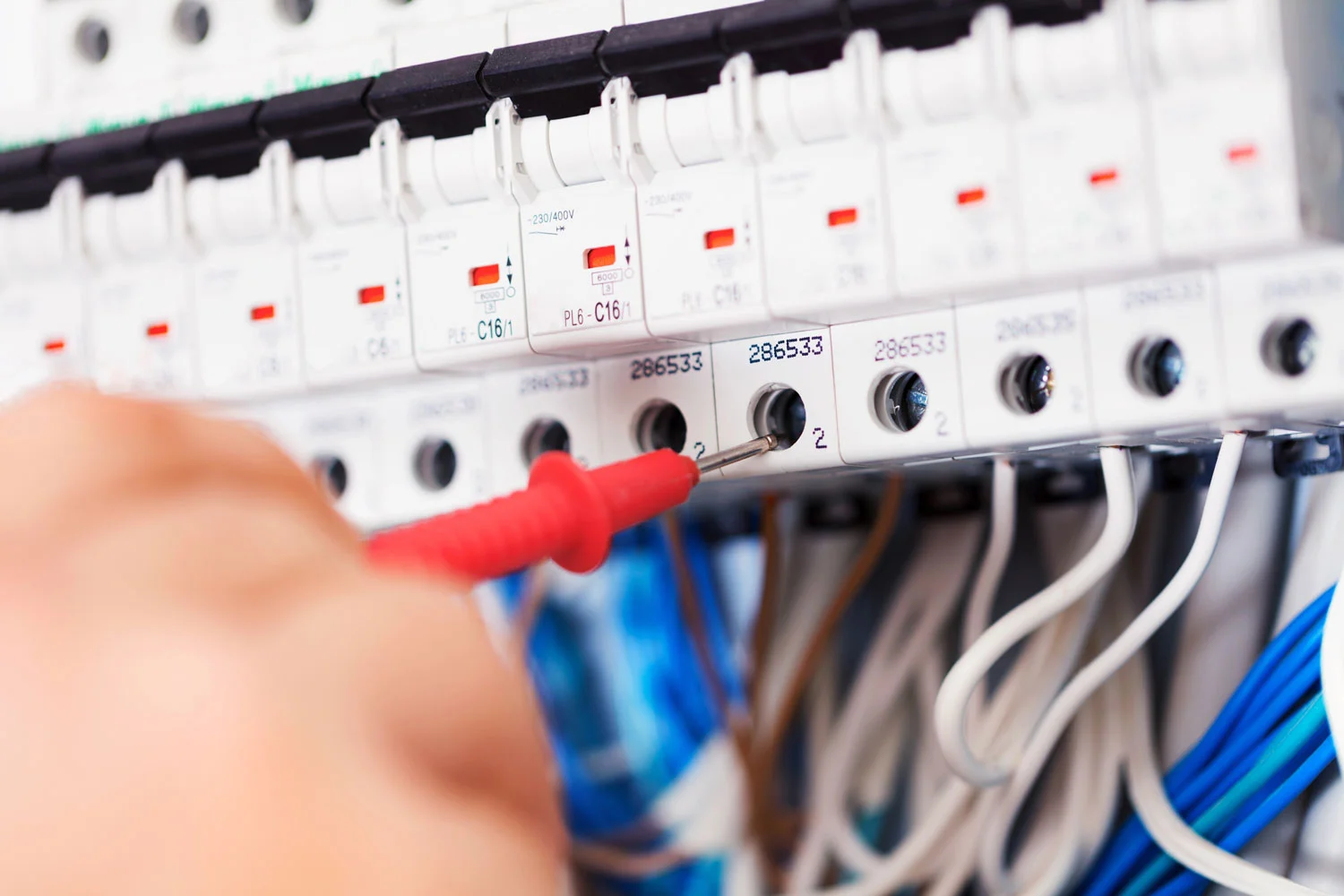EICR - Ensuring Electrical Safety
Whether you are a landlord or have a commercial premises with employees it is important that you ensure the safety of everyone that lives or works there. An EICR is produced following an assessment of your property's electrical installation, it is the only way to assess whether it is safe. There are a range of reasons that an EICR may be required, they're most common for rented accommodation and commercial premises.
What Happens During an EICR?
An EICR must always be carried out by qualified and registered electricians to ensure the validity of the report. The electrician will check the condition of the electrics to ensure they meet UK standards as set out in BS 7671 - Requirements For Electrical Installations (IET Wiring Regulations).
What Does an EICR show?
A few things that the EICR take into account include:
The type of wiring and its condition
Whether any of your electrical circuits or equipment are overloaded
Locates any fire hazards or electric shock risks
Identifies electrical work that is defective and in need of repair or replacement
Highlights anywhere that lacks the necessary earthing or bonding
Checks that the wiring and fixed electrical equipment is safe
The suitability of the switchgear and control gear.
Serviceability of switches on sockets and light fittings
Once the inspection has been completed the electrician will issue an Electrical Installation Condition Report that includes the details of any damage, deterioration, defects and non-compliance that have been observed. If the report includes anything dangerous or potentially dangerous it will be declared 'unsatisfactory' and require that remedial work is carried out immediately.
How Often is a EICR Needed?
Electrics should be tested every:
10 years in an owner-occupied house
5 years in a rented home (landlord's responsibility)
3 years in a caravan or motorhome
1 year in a swimming pool
You should also have an EICR carried out if:
A property is being prepared to be let out
You are planning to sell the property or buying a previously occupied property
